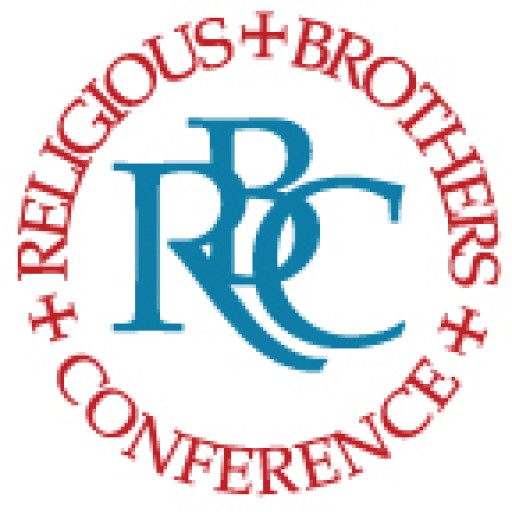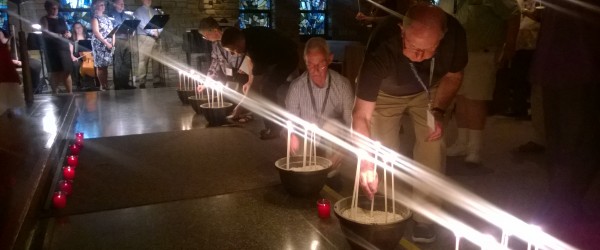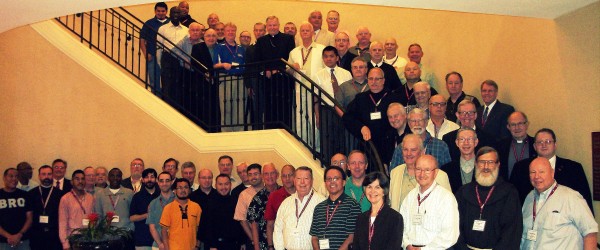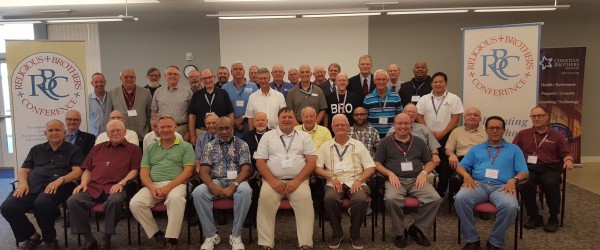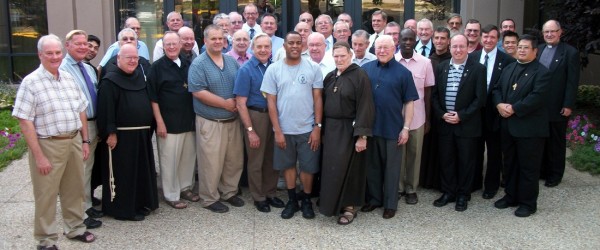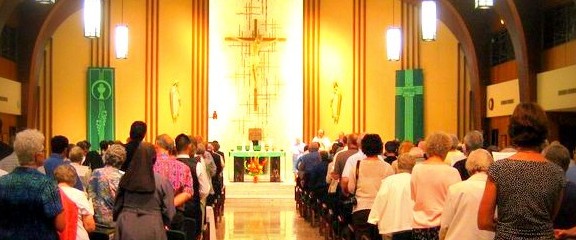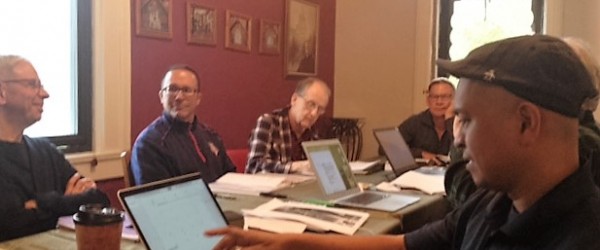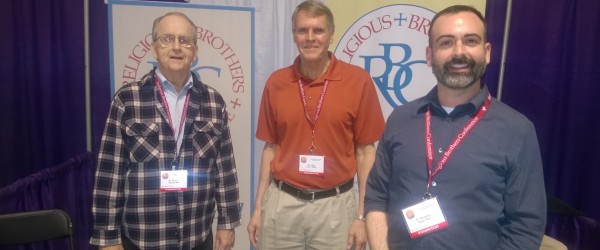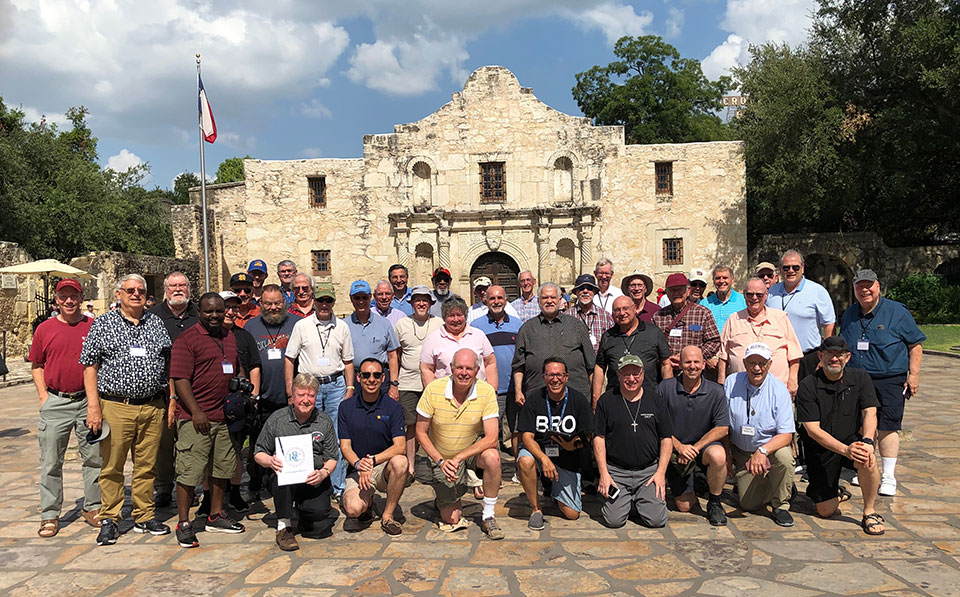
Religious Brothers Conference Reflection 2019
The 2019 Annual Religious Brothers Conference at the site of the Oblate Renewal Center, San Antonio, Texas drew many Religious Brothers serving the mission of the Church in the USA as well as in foreign lands. They came together to hear speaker Br. Armand Alcazar,... read more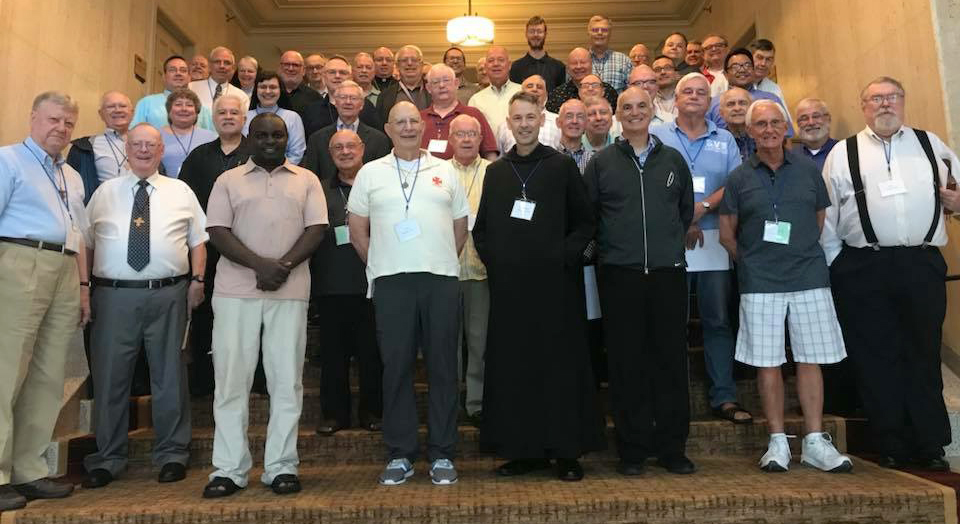
Religious Brothers Conference Reflection 2018
Attending the 2018 Religious Brothers Conference at the Bolger Conference Center, Potomac, Maryland was a most positive experience. “The Zealous Brother” theme was exemplified by the Brothers in attendance and by the keynote speaker Brother John Mark Falkenhain OSB.... read more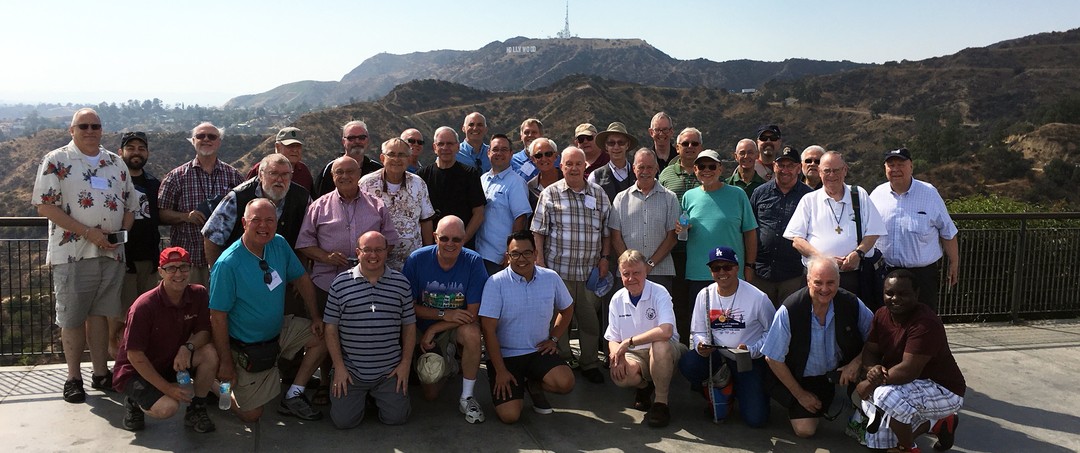
RBC 2017 Assembly
Last July, the religious brothers who do so much to support their communities all over the country had the opportunity to congregate in support of one another at the 46th annual Religious Brothers Conference. The brothers of the Archdiocese of Los Angeles didn’t have... read moreRBC Vision Statement
The Religious Brothers Conference is the organization that gives visibility to the special charism and vocation of the religious Brother. We invite all Brothers and the entire Church community to proclaim the role and ministry of religious Brotherhood in today’s world.
RBC Mission Statement
The Religious Brothers Conference (RBC) is a service organization in the Catholic Church. The mission of the RBC is to promote an awareness of the calling of Brothers in the Church and society. We encourage all Brothers to live the Gospel message in a prophetic way with respect to the charism and tradition of their particular institute.
The Religious Brothers Conference
- Promotes the vocation and ministry of Brothers in the Church
- Acts as a professional and ministerial resource for its members
- Provides opportunities for ongoing formation and spiritual growth
